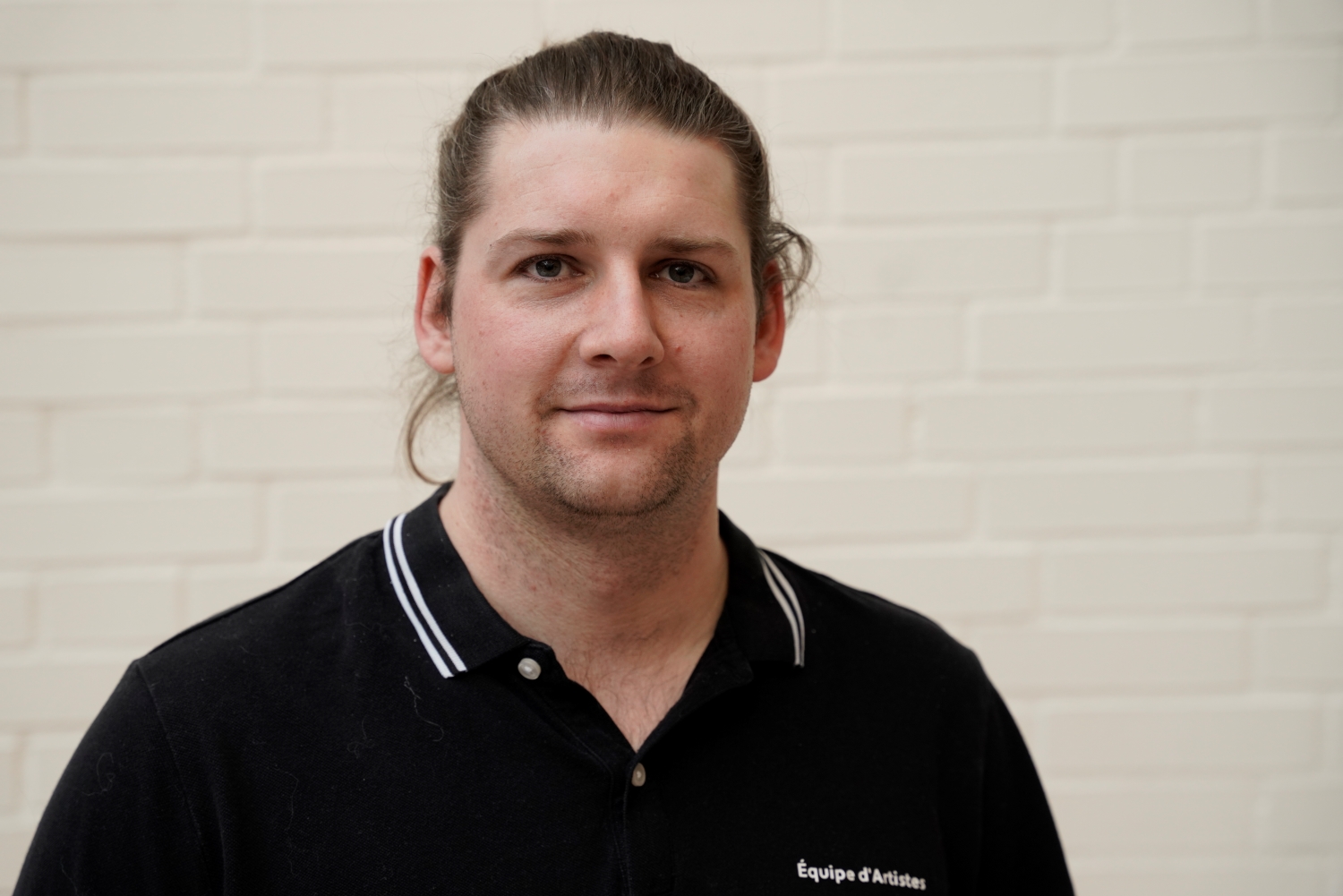
MSB is contributing SEK 2.1 million to a research project at JTH on how the public should learn more about cybersecurity. Photo: Unsplash.
New research project to combat digital crime
How can people get sufficient knowledge about cybersecurity in order to avoid being a victim of digital crime? This is what Joakim Kävrestad, Assistant Professor in Computer Science at the School of Engineering (JTH), Jönköping University (JU), is investigating in a research project funded by the Swedish Civil Contingencies Agency (MSB).

Johan Kävrestad, Assistant Professor Computer Science at the School of Engineering, Jönköping University is the only researcher in the project.
Digitization means ever greater opportunities and is a cornerstone of a sustainable society, but it also brings new ways for criminals to commit crimes. Fraud via Bank ID or e-mail is a big problem, as is account login information being hacked and stolen.
“Reducing digital crime is a difficult task that requires both technical solutions and political initiatives. Above all, everyone needs to know how to protect themselves online. One problem, however, is that there is a lack of knowledge about how different target groups are best informed and who belongs in those target groups,” says Joakim Kävrestad, who previously worked as an IT forensics officer in the Swedish police.
A more cybersecure Sweden
His research project is called "Needs and perceptions of cybersecurity training in different user groups" and runs from May 2024 to December 2025. It is financed by MSB with SEK 2.1 million. The goal is to identify different target groups and their needs for cybersecurity information so that, in the long run, it will lead to a more cybersecure Sweden.
“With MSB financing the project and participate in the results, it may affect how Sweden informs the public about cybersecurity in the future,” says Joakim Kävrestad.
A reference group with participants from JU, Bank-ID, MSB and the University of Plymouth is also part of the project.
Surveys and interviews
The research will primarily use questionnaires and interviews to collect data. With the answers, the project will be able to identify different target groups and their needs. Interviews are then conducted with a selection of the survey participants to gain a deeper understanding of the target groups and their needs for cybersecurity information.
“It is fun and important to work in a project that is aimed at the public. Everyone needs more knowledge about cybersecurity, everyone agrees on that. Unfortunately, the responsibility for this type of training is largely placed on companies and then the group that is outside of working life is missed,” says Joakim Kävrestad.
- Associate Professor Computer Science
- School of Engineering
- joakim.kavrestad@ju.se
- +46 36-10 1305
